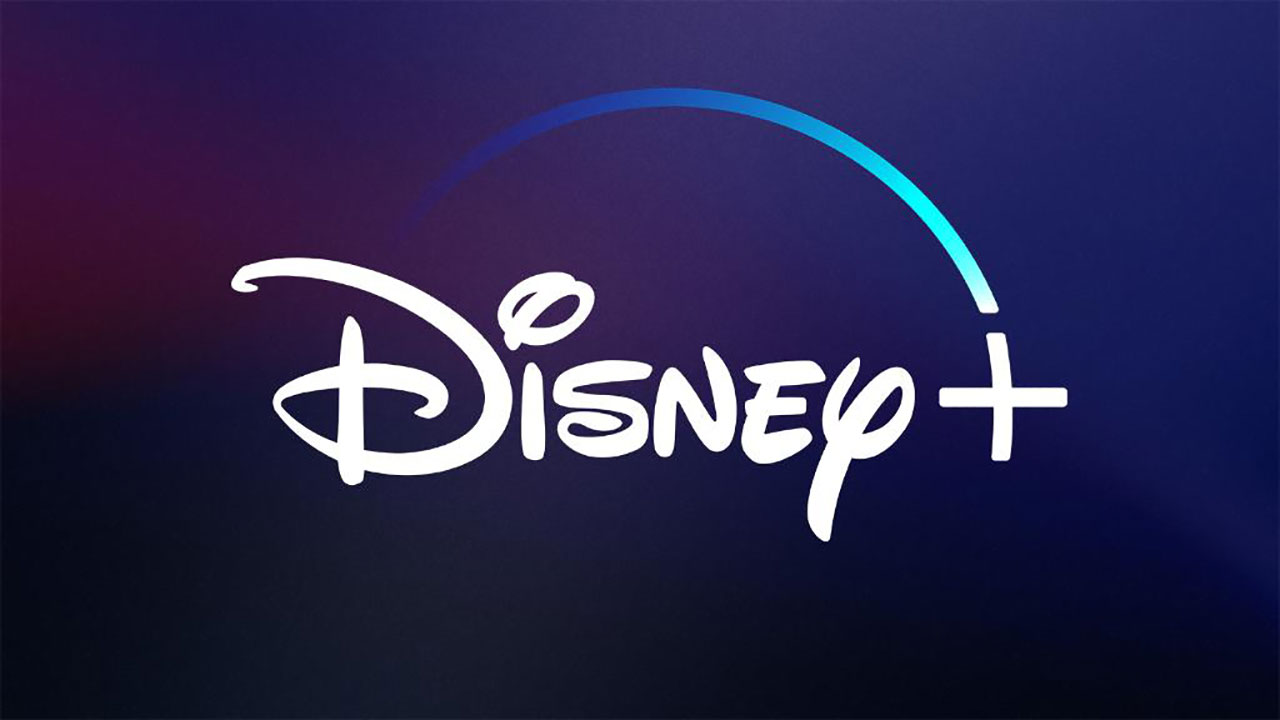The traditional distribution process for a film follow these steps; obtaining production funds, licensing agreement, negotiating with a film brooker, and ancillary revenues. These steps hold very important step for the legal ownership of the film and establishing the flow of money for a film. The first step of the filmmaking process is making sure that your film has an established producer. This producer would finance the films production costs for a return in profits generated. The five major production companies are Warner Brothers, Paramount, Columbia, Universal, and Walt Disney Studios. These production studios are owned by conglomerates that are able to produce the films. Most films have a secondary production company that is credited, which is the filmmakers production house. An example of this can be seen with the Star Wars Franchise as Disney has purchased Lucasfilm. Lucasfilm is still the production company of the film, but the film is produced by Disney. The distinguishing factor between the two companies are, who is making the film and who is paying for the film. The film distribution starts with two groups; production representatives and film sales agents. The production representative is responsible for distributing your film to within the United States to movie theaters and other venues. The film sales agent is responsible for the international distribution of your film. An example of the importance of this step is the film Bridge of Spies, where Walt Disney Studios Motion Pictures distributed the film nationally but 20th Century Fox distributed the film internationally. Film brookers work for companies like Regal Entertainments that show the film. These brokers negotiate the revenue split between the theaters and studios. The average Hollywood release sees a split of 90/10 in favor of the studios. After a film's theater run, the licensing rights for the film are sold to companies that will sell physical and digital copies such as Blu-Ray or Google Play Movies. The other alternative would be to lease the film to a streaming company such as Netflix so that your film is exclusively on a streaming platform. Media companies has started to form their own streaming platforms to create a new stream revenue such as Disney+ did.
The way that out film could benefit from this process is that I would be seen by the mass media. This is the traditional path for a Hollywood film, which is what Masks is intended to be. This format would allow for my group and a production company to create a great profit, as we do not own a production company.

No comments:
Post a Comment